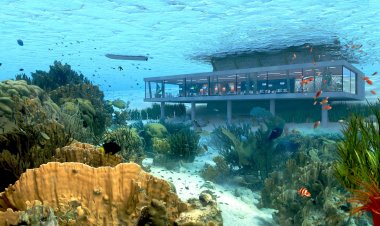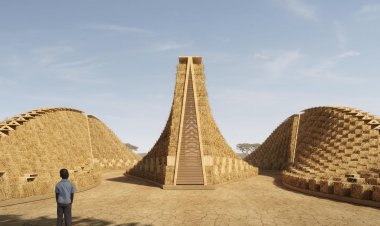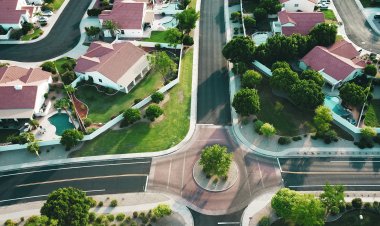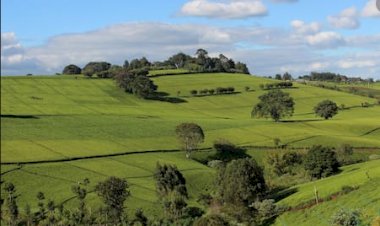Mwai Kibaki’s Impact on Kenya’s Road Network
Kenya's third President Mwai Kibaki who passed on o Friday, 22nd April will be fondly remembered for his commitment to developing Kenya. Among his highly regarded...
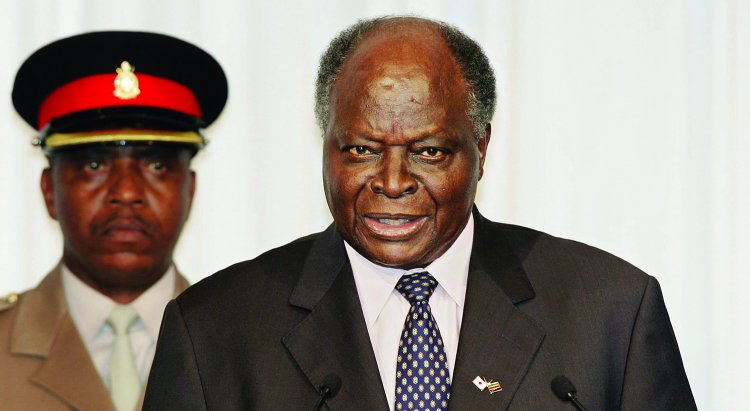
Kenya’s Former President Mwai Kibaki is dead. His passing was announced by President Uhuru Kenyatta on Friday, 22nd April 2022.
Kibaki served as the third president of the Republic of Kenya from 2002 to 2013.
The former president died at the age of 90.
Referred as Kenya’s greatest president, Mr Kibaki’s legacy cannot be complete without the mention of how much impact his tenure had on building infrastructure.
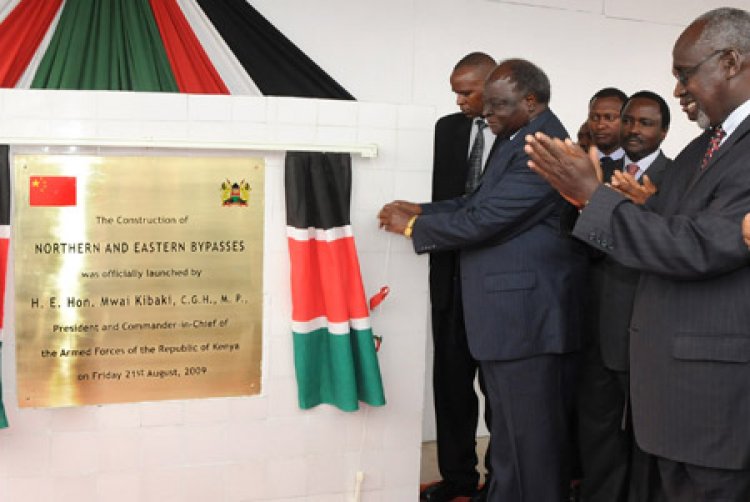 [Former President Mwai Kibaki (2nd L) unveiled a road which was built by a Chinese company during the opening ceremony in Nairobi in 2009. ]
[Former President Mwai Kibaki (2nd L) unveiled a road which was built by a Chinese company during the opening ceremony in Nairobi in 2009. ]
The fact that he invested in the country’s roads is something that resonates with almost all Kenyans.
During his time, Kibaki almost tripled the length of the road network in the country.
His tenure saw the Kenyan road network grow from 63,000 kilometres in 2003 to 166,000 kilometres by the time he left the office in 2013. Which was a combination of both unpaved and paved roads.
While the total length of roads increased by more than 100,000 kilometres, Kibaki’s government grew tarmacked roads by 2,300km over 10 years; illustrating his administration’s focus on boosting the country’s connectivity through a network of new roads in rural areas, many of them basic earth and gravel roads.
The late president focused on putting up cheaper gravel roads which would be tarmacked later.
It was under Kibaki that the 50-kilometre Thika Road was built at a cost of Ksh32 billion in 2011, translating to Ksh640 million per kilometre. At the time, it was seen as a huge investment for a sector that had long been underinvested in.
He further increased funding for roads from Ksh 13 billion in 2003 to Ksh 110 billion by the time he was leaving office.
By the time he took office, the country had 8,900 kilometres of tarmacked roads and was investing about Ksh10 billion per year in construction and maintenance of roads. However, that increased almost immediately as the length of tarmacked roads grew to reach 11,200 by 2013.
He also increased allocations for construction and maintenance to Ksh117 billion in 2012.
When Kibaki took office, he embarked on a series of reforms that would later enable him to make impactful investments in infrastructure, especially around improving road transport.
These included the establishment of agencies that would manage roads, specifically rural, urban and national highways.
Through the Kenya Roads Act of 2007, the Kenya National Highways Authority (Kenha), Kenya Urban Roads Authority (Kura) and Kenya Rural Roads Authority (Kerra) were created. This eased pressure on the Ministry of Transport, putting it in a better position to regulate the sector.
It was also under Kibaki that the ‘Roads 2000’ programme was started through which thousands of kilometres of roads were repaired, with the roads agencies mostly contracting local labour.
“The Roads 2000 strategy was conceived with the aim of implementing a new approach to rapidly bring roads to a maintainable standard and place them under effective maintenance with the optimum use of local resources,” noted KNBS in the Economic Survey 2020.
“The R2000 programme is a strategy for road development and management that ensures optimum utilisation and development of locally available resources where technically and economically feasible across the country. The programme creates gainful employment opportunities, supporting local industry and more importantly improving the country’s rural road network.”
Following his death, President Kenyatta declared a period of mourning, including the flying of flags at half-mast until a state funeral is held for Kibaki.
"The Flag of the Republic of Kenya shall be flown at half-mast at State House and all Kenyan Diplomatic Missions, Public Buildings and Public Grounds, all Military Bases, Posts, and Stations, on all Naval Vessels of the Republic of Kenya, and elsewhere throughout the entire territory of the Republic of Kenya; from today until sunset on the day of his interment," Uhuru stated in his address.
"The President, the Deputy-President, the Chief Justice, Cabinet Secretaries, the Speaker of the National Assembly, the Speaker of the Senate, Kenya’s Diplomats abroad and whomsoever else is so authorized by law, shall not fly the national flag on their official motorcade from today until sunset on the day of his interment."
If you have a real estate press release or any other information that you would like featured on African Real Estate Blog Post do reach out to us via email at [email protected]
























